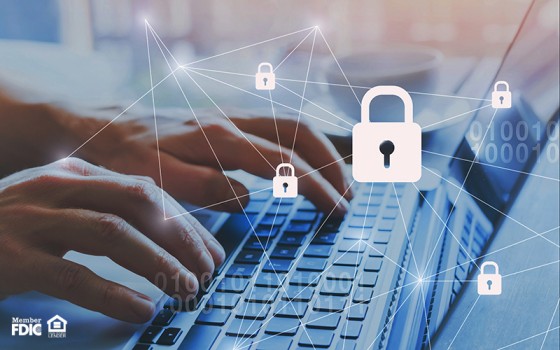Imposter Phone Scam Alert
Please be aware of fraudsters posing as Farmers National Bank to gain account info. Farmers will never call you requesting sensitive information such as acquiring online banking credentials. Please ignore these calls or call 1-888-988-3276 for questions. Thank you.

